Riccardo and Emilia are happily married for two years in post-war Rome. While Riccardo, the intelligent and likeable, though slightly narcissistic and delusional narrator, works as a journalist writing film critics to make a living, his dream is to become a serious writer and novelist. His beautiful wife Emilia, coming from an impoverished family, dreams on the other hand of living in their own house and of creating a comfortable nest for them, something much better than the rented room in which the financially struggling couple lives. When Riccardo is offered work as a screenwriter by the film producer Battista, he decides to accept despite serious reservations. He considers this kind of work as a waste of time and talent, but since it is comparatively well paid, he can fulfil his wife’s dream and buy a small flat; at a later stage, also a car, another sign of his growing success in the eyes of society. But on his way upward in the social hierarchy, something happens to the relationship between Emilia and Riccardo: Emilia becomes reserved and grows cold toward her husband, love turns into indifference and even into hatred and contempt. Contempt is also the title of the novel by Alberto Moravia that I am reviewing here.
Moravia has been praised for his elegant prose, and I can see why, even when I read the book in German translation. The prose is flowing effortlessly, the dialogues of the tormented Riccardo who wants to find out the reason for the growing alienation between him and his wife, and Emilia sound very real and convincing. Another thing I admire especially in this book is his talent to keep the reader’s interest in a seemingly rather trivial story of alienation and estrangement between husband and wife by adding some other interesting aspects.
Some of the issues that play a major role in the novel, are the relationship between success and money, and the real needs and wishes of people; the characters are forced to do things that are in contrast with what they really want in order to make a living, or to satisfy the (vain) dreams of their partners, or to be perceived as successful and dynamic in a capitalist society. That’s not only true for Riccardo and Emilia, but also for the other two major characters of the novel, Battista and Rheingold, a German film director who is commissioned by Battista to make a monumental movie adaptation of The Odyssey. (In Jean-Luc Godard’s film adaptation of the novel, this character is played by Fritz Lang!)
Battista and Rheingold have strongly opposing approaches to the movie and Homer’s epic. While Battista wants to produce a monumental adventure movie, Rheingold on the other hand is only interested in the psychological conflict that he sees as the reason for Odysseus (Ulysses) participation in the War of Troy, and his delayed return to Penelope. According to his Freudian reading, Odysseus participates in the war because he wants to escape an unhappy relationship: he feels not loved by his wife. For the same reason, it takes him many years to come home. While Riccardo rejects Rheingold’s in his eyes simplistic psychoanalytic approach to Homer’s work, he understands reluctantly that what Rheingold says for the relationship between Odysseus and Penelope is like a mirror regarding his own and Emilia’s relationship and the reason for the obvious alienation between the partners may be a very similar one.
While Moravia is showing us a rather bleak picture of the modern Western world, where money, success, and sex serve as substitutes for a more meaningful existence, his reference to Homer seems to say that it has in principle been always like this. Emilio’s (and Moravia’s) membership in the Communist Party may be more inspired by a vague Utopian hope of a better future than by a real wish for a social revolution or dictatorship of the proletariat. In the meantime, it is best to acknowledge the mechanisms of the inherent contradictions of capitalist society. If Riccardo would have had more time to resolve the basic conflict and predicament of his life with Emilia, it would have been best to divorce and focus his future life on what he really aspires to be, a novelist and serious author. A sudden blow of fate spares him from actively taking this decision on his own.
Moravia knew the film business well; he worked also as a script writer and met probably people very similar to those described in his novel. Contempt describes an at that time thriving film industry in Italy as he experienced it, and the picture he is painting is not a particularly flattering one. Moravia had also a house on Capri similar as the one owned by Battista in the novel, where the final crisis takes place (the Godard movie was shot partly at the Casa Malaparte, another rather famous villa on Capri). And it is also known that at the time he published Contempt, his own marriage with novelist Elsa Morante was in a crisis that ended in divorce a few years later. So, while the novel is not a strictly autobiographic one, Moravia knew about what he was writing and was able to transform this into a rather short, fascinating novel. While some other so-called “existentialist” novels have not aged very well, Contempt was a surprisingly fresh book to me, and I guess I will soon read more by this author.
A word about the movie Le Mépris by Godard, which I have mentioned above: overall a good movie in my opinion, and the fact that Godard made a few major changes compared to the novel doesn’t distract from the quality of the film. The setting, particularly the scenes at the Casa Malaparte, is next to perfect for this movie. However, I had the impression that Brigitte Bardot and Jack Palance were not really the right choices for two of the major roles (while Michel Piccoli is brilliant); therefore, it is for me a good movie, but not the masterpiece it could have been with a more adequate cast of characters.
Contempt was also published in English as A Ghost at Noon.
Alberto Moravia: Contempt, translated by Angus Davidson; with an introduction by Tim Parks. New York Review Books, New York 2004
© Thomas Hübner and mytwostotinki.com, 2014-7. Unauthorized use and/or duplication of this material without expressed and written permission from this blog’s author and/or owner is strictly prohibited. Excerpts and links may be used, provided that full and clear credit is given to Thomas Hübner and mytwostotinki.com with appropriate and specific direction to the original content.

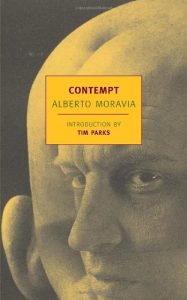




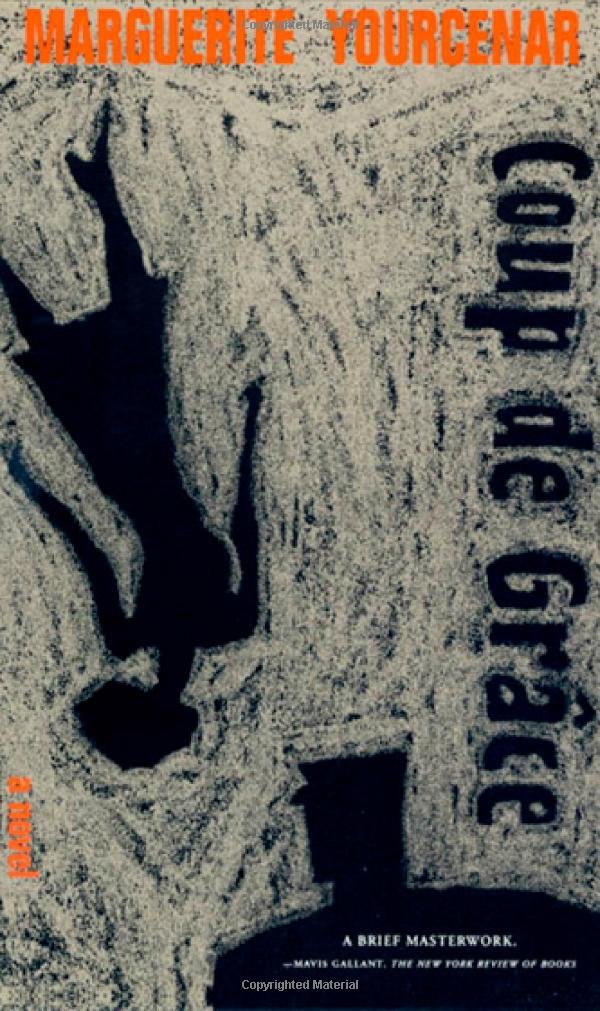
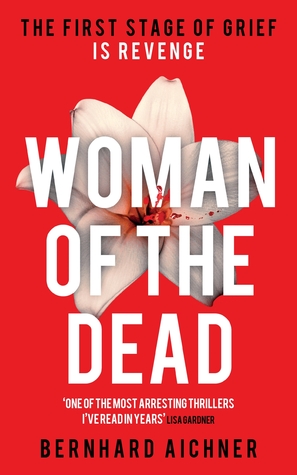
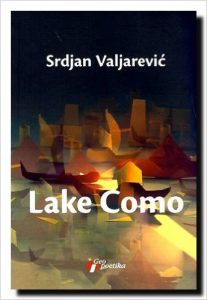
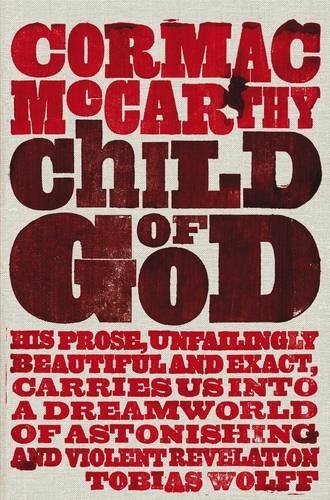
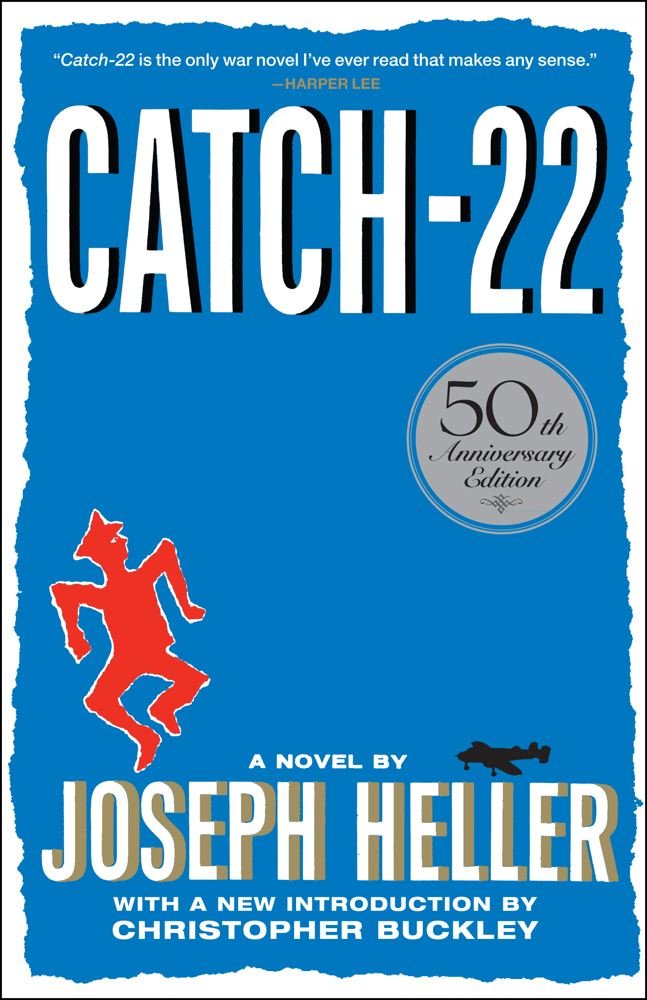
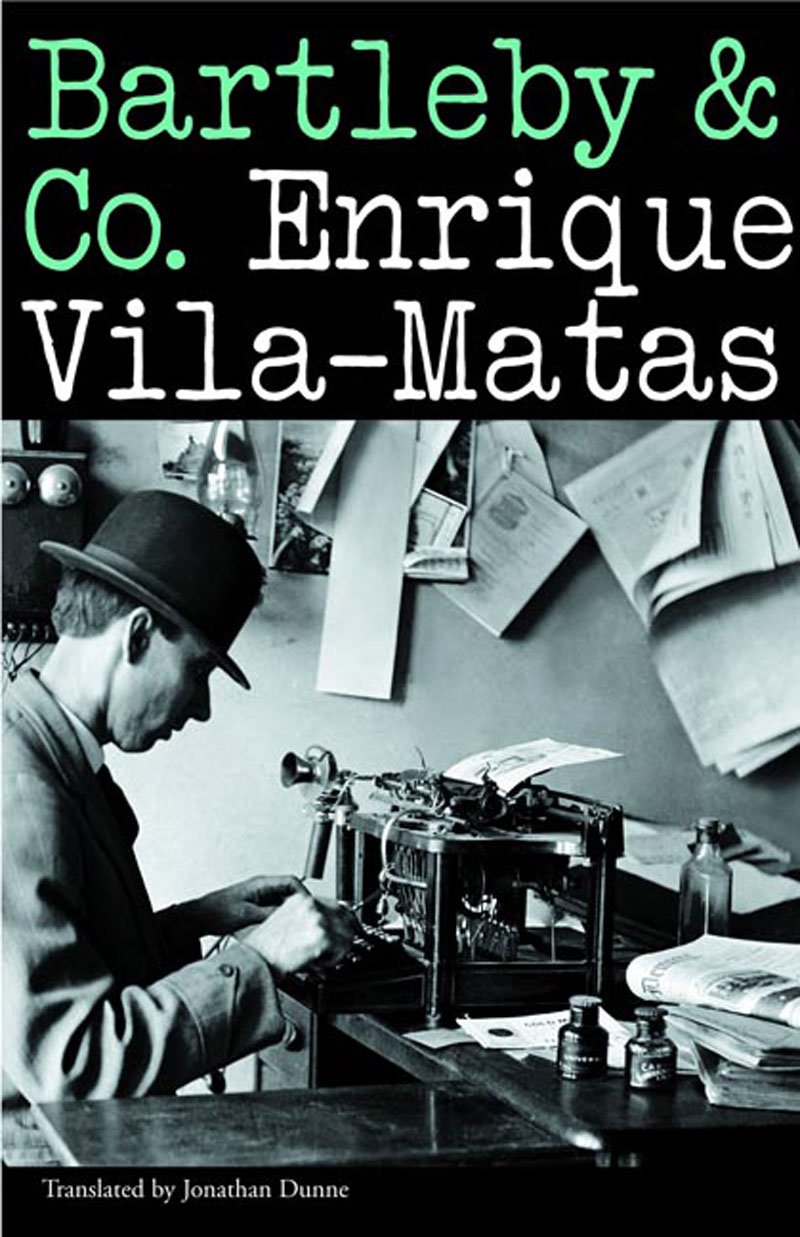


 Facebook
Facebook RSS
RSS Twitter
Twitter